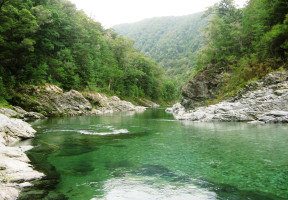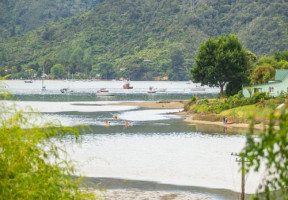Freshwater planning process
This page describes the Freshwater Planning Process and provides links to more information about the process and the roles of the Chief Freshwater Commissioner and freshwater commissioners.
About the Freshwater Planning Process
The Freshwater Planning Process (FPP) must be followed by regional councils and unitary authorities. It must be used when preparing, changing, or varying regional policy statements and regional plans (freshwater instruments) that give effect to any national policy statement for freshwater management, or otherwise relate to freshwater.
How the process works
- The process starts when the freshwater planning instrument is publicly notified and must be completed within two years.
- Any interested people can make a submission expressing their views on the notified instrument.
- The Chief Freshwater Commissioner will convene a freshwater hearings panel to hear submissions.
- The panel will report on the hearing and make recommendations to the Regional Council.
- The Regional Council must decide whether to accept or reject each recommendation in the panel report. For each recommendation it rejects, the council must decide on an alternative solution and provide a further evaluation report.
- The Regional Council will notify the public and those who made submissions of its decisions.
- Appeal rights are restricted compared to the standard plan-making process.
More information and guidance about the process
- For more detail, see the Freshwater Planning Process factsheet [Ministry for the Environment website]
- See the technical guidance for councils [Ministry for the Environment website]


